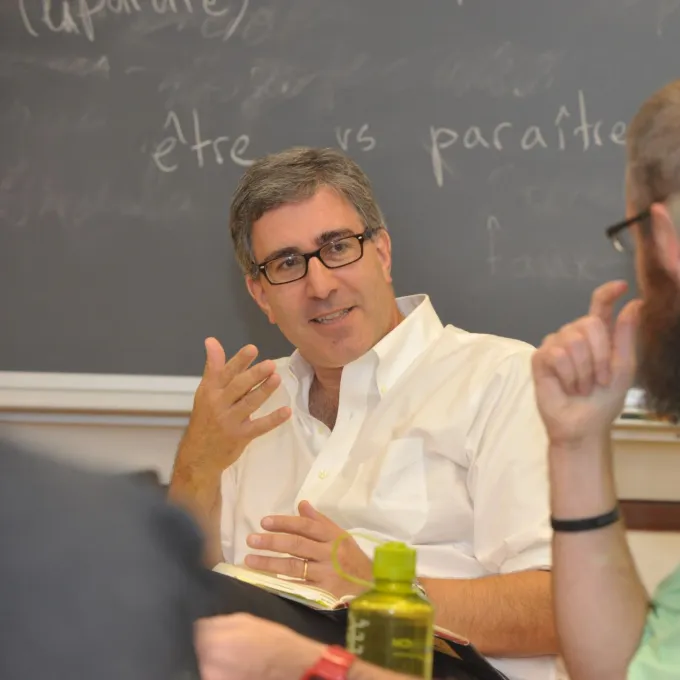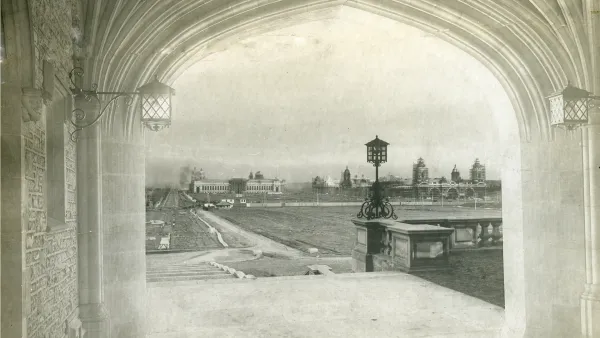Professor Bernstein’s scholarship centers on the long 19th-Century United States, with a focus on slavery, race, and political culture.
Bernstein has written about the origins and significance of the Civil War, the roots of racialized violence, and the possibilities of democratic social and political movements. He is especially interested in the traumatic histories, sometimes forgotten, sometimes unspoken, of slavery, race, and war, that shaped the United States's national dramas of revolution and rebellion, creative destruction and re-invention. His book, The New York City Draft Riots: Their Significance for American Society and Politics in the Age of the Civil War (Oxford), engaged such traumatic histories and national dramas.
His current book project, Stripes & Scars: How Americans Came to Fight a Bloody Civil War (under contract, Oxford), focuses on the origins and significance of the US Civil War. Drawing upon extensive archival research, he seeks to explain the origins of the annhiliating violence of the Civil War, with special attention to the context of the everyday violence of enslavement. How did Thomas Jefferson's Republic of Reason reach its fulfillment in the killing fields of 1861-1865, a Jeffersonian nightmare had he lived to see it? Jefferson's liberal creed of possessive individualism and property rights, law, contract, and comity sought to create a government that would preserve its citizens from the cycles of war and violent death that plagued Old World states.
From this perspective, the Civil War, with its massive self-sacrifice and butchery, was at once a sustained outburst of dispossession, a startling expenditure of individual lives, bodies, property, and other resources, and an all-consuming and at times erotically-charged outpouring of a kind of possessiveness, an annhiliating conquest of the other. In the antebellum era, Americans had placed their faith in the family and its vaunted love, intimacy and stability as the ballast for their experiment in building the first liberal, possessive individualist nation, only to run smack into the problems of familial exploitation, rivalry, violation, indeed, rape and incest. Americans encountered these family conflicts and violations, variously, in the everyday world of enslavement, in the so-called bourgeois family (it was hardly exempt), and ultimately, in the "Brothers' War," as Americans so often referred to the Civil War.
Stripes & Scars is a re-assessment of the significance of the war and the political processes that led to it, focusing on the war's intertwined dynamics of violence and love. It contends that we must account for a far wider spectrum of human needs and desires than historians conventionally do, as well as attend to national and racial regimes of managing those needs and desires that historians have all but ignored, to explain the orgiastic sacrifice, the sheer expenditure and destruction of life, of 1861 to 1865. The Civil War was both no pursuit of happiness, not in any way Jefferson could have endorsed or understood, and it was the ultimate and surprising culmination of that pursuit of happiness.
Two other book projects, edited volumes nearing completion or in progress, James Baldwin and American Democracy and The Material World of Modern Segregation (see below), engage racialized experience in the United States, particularly the relationships between its intimate and public domains, and between its material and political dimensions.


